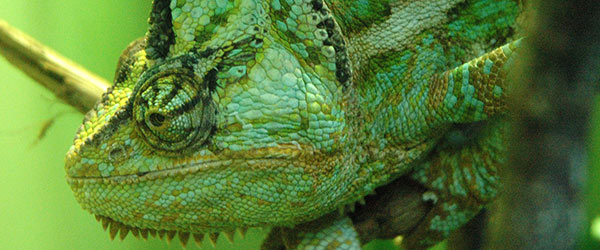Intercalate in Biology
Zoology (BSc)
Our zoology intercalated degree course is based around our traditional strengths in whole organism biology (behaviour and ecology), as well as excellence in cell and molecular biology.
How to apply
Find out more about intercalated degrees at Bristol and how to apply.
We have an international reputation for the outstanding quality of our research, which underpins our commitment to teaching, and many of our staff are world leaders in their fields, giving you the opportunity to learn from those involved in shaping the latest advances in biology. Our passionate belief is that the big advances in biology come from interdisciplinarity and addressing problems on multiple levels, and you will have the freedom to tailor your studies to your interests and to specialise or maintain breadth in your studies.
The range of research and transferable skills you will learn will enhance your employability as a graduate, and our exceptional teaching standards have been rated as ‘excellent’ by the Higher Education Funding Council for England. The Life Sciences Building, which houses the School of Biological Sciences, is located at the heart of the University campus, adjacent to other core science and medical schools. It couples central positioning with the best in sustainable design and energy efficiency. This iconic building forms a hub for outstanding interdisciplinary research, facilitating major advances across the sciences.
What will I study?
The intercalated year comprises two major elements: a literature review and a 12-week practical research project.
You will also take a total of six taught units, including at least three of the following:
• Sensory Ecology
• Sex, Behaviour and Life Histories
• Staying Alive
• Oceans
• Communication and Cognition in Animal Societies
• Social Evolution.
Studying zoology involves a considerable amount of self-directed learning and independent reading compared with veterinary science. This is particularly true of the research project, which, despite academic supervision, demands high levels of independence and self-organisation. Good quantitative and writing skills are also important. Throughout the year you will also be encouraged to attend departmental research seminars on a diverse range of subjects.
"For me 3rd year Zoology was my favourite year. Not only did you get the opportunity to undertake research that interested you, both in the form of the practical project and literature review, but also the teaching modules were fantastic. Lecturers were able to go deeper into topics, bringing in their own studies, but also allowing you to explore the topic yourself through further reading. You were given the opportunity to learn about interesting and new concepts, as well as encouraged to try and design your own experiment to test different hypotheses."
James (BSc Zoology)
 Life Sciences Building 360° virtual tour
Life Sciences Building 360° virtual tour
Take a look at our 360° virtual tour of the building.
School of Biological Sciences
Tel: +44 (0)117 394 1212
Email: biologydept@bristol.ac.uk
